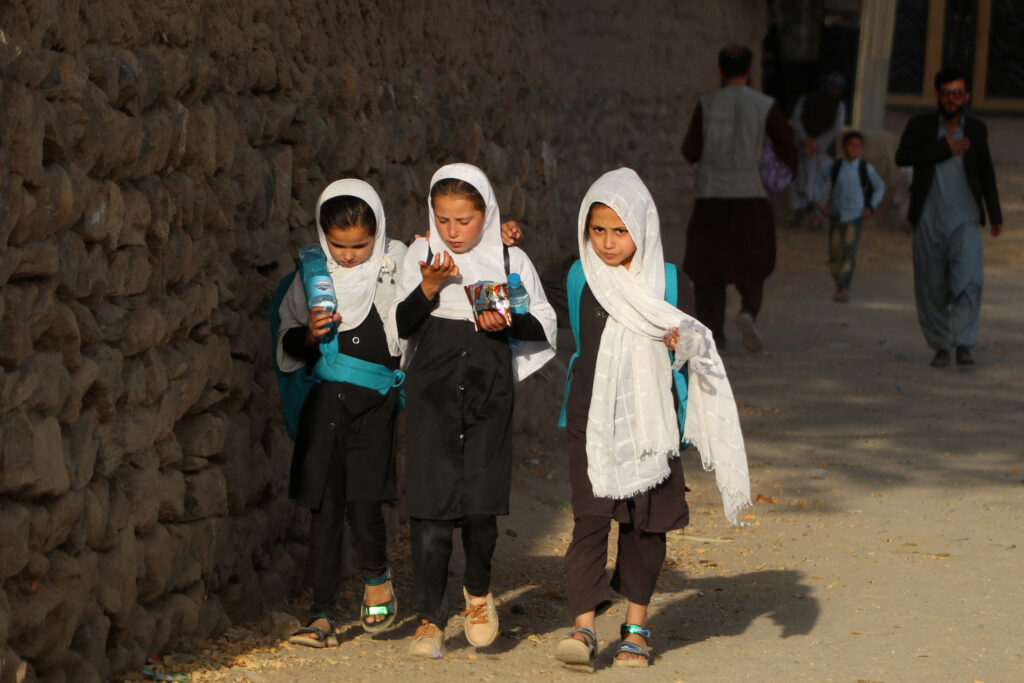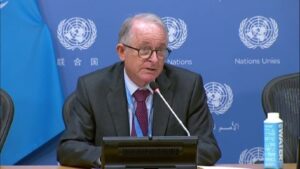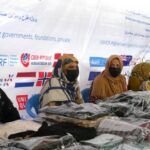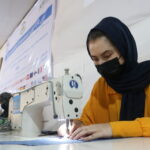Roza Otunbayeva, the head of UNAMA (United Nations Assistance Mission in Afghanistan), states that more than five million children in the country do not have access to education.
Ms. Otunbayeva made these remarks during a meeting with the Deputy Minister of Information and Culture of the caretaker government, emphasizing that over five million children are unable to access education and that literacy is a crucial and vital issue in Afghanistan.
She also announced the launch of a national campaign to promote reading in Afghanistan.
She stressed that alongside humanitarian assistance, UNAMA is ready to collaborate in the areas of literacy, public libraries, and vocational schools.
During this meeting, Atiqullah Azizi, the Deputy Minister of Art and Culture, requested UNAMA’s support in building public libraries in provinces and districts, establishing digital systems, and developing mobile libraries.
He also urged the international community to assist in the reconstruction, preservation, and training of staff in the field of Afghanistan’s historical sites.
According to a statement from the Ministry of Information and Culture of the current government, both parties also discussed the preservation and enhancement of historical sites, prevention of smuggling and illegal excavations in ancient and cultural areas of the country.
While Roza Otunbayeva reports on the lack of access to education for over five million children, it is noteworthy that the current government has deprived women and girls of attending schools and universities for more than three years.
It should be noted that the current government’s restrictions have resulted in millions of girls being unable to receive an education.
Additionally, women have been banned from going to sports clubs, restaurants, public baths, being examined by male doctors, traveling without a male guardian, working in domestic and international NGOs, and even at UN offices in Afghanistan.













